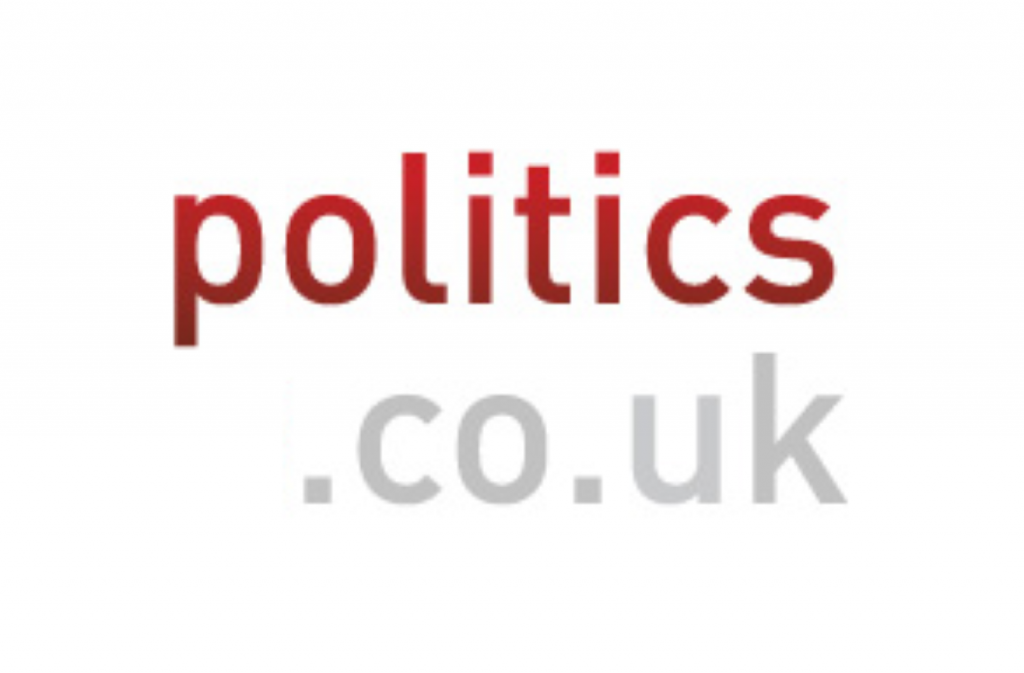Iraq war has ‘increased threat of terror’
Britain’s involvement in the wars in Iraq and Afghanistan has increased the threat of terrorist activity at home, according to a damning new report by a respected think-tank.
The report, by international affairs body Chatham House, says there is “no doubt” Britain’s involvement in the invasion of Iraq has created particular difficulties for the UK.
Specifically the report states the Iraq situation has “given a boost to the Al-Qaeda network’s propaganda, recruitment and fundraising” and created an ideal training area for potential terrorists.
Prime Minister Tony Blair has consistently denied that the terror attacks in London could be linked to Britain’s foreign policy.


Defence secretary John Reid told the Today programme he did not accept the UK had become had become “more of a target because of involvement in Afghanistan and Iraq”.
But the report says the UK faces the problem of being a “pillion passenger” to the United States’ war on terror – while leaving the super power “in the driving seat” and doing the steering.
The report, Security, Terrorism and the UK, also says the problem of Islamic terrorist activity was not given a high priority until the late 1990s. Groups known to be active in London were not viewed as a threat and were left with “relative impunity”.
However, the report says the UK’s experience of Northern Irish terrorism means it has developed a capacity for collaboration between various government departments and agencies.
The report also praises the creation of Joint Terrorism Analysis Centre – designed to assess terrorist threats in the wake of 9/11.
In a separate move the home secretary Charles Clarke will meet Conservative and Liberal Democrats counterparts today to discuss new anti-terrorism laws – creating new offences of “acts preparatory to terrorism” and “providing or receiving training in the use of hazardous substances”.
The report is published today by the Economic & Social Research Council and Chatham House.












